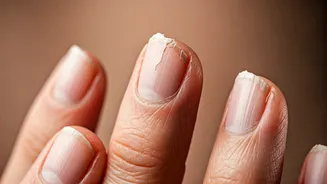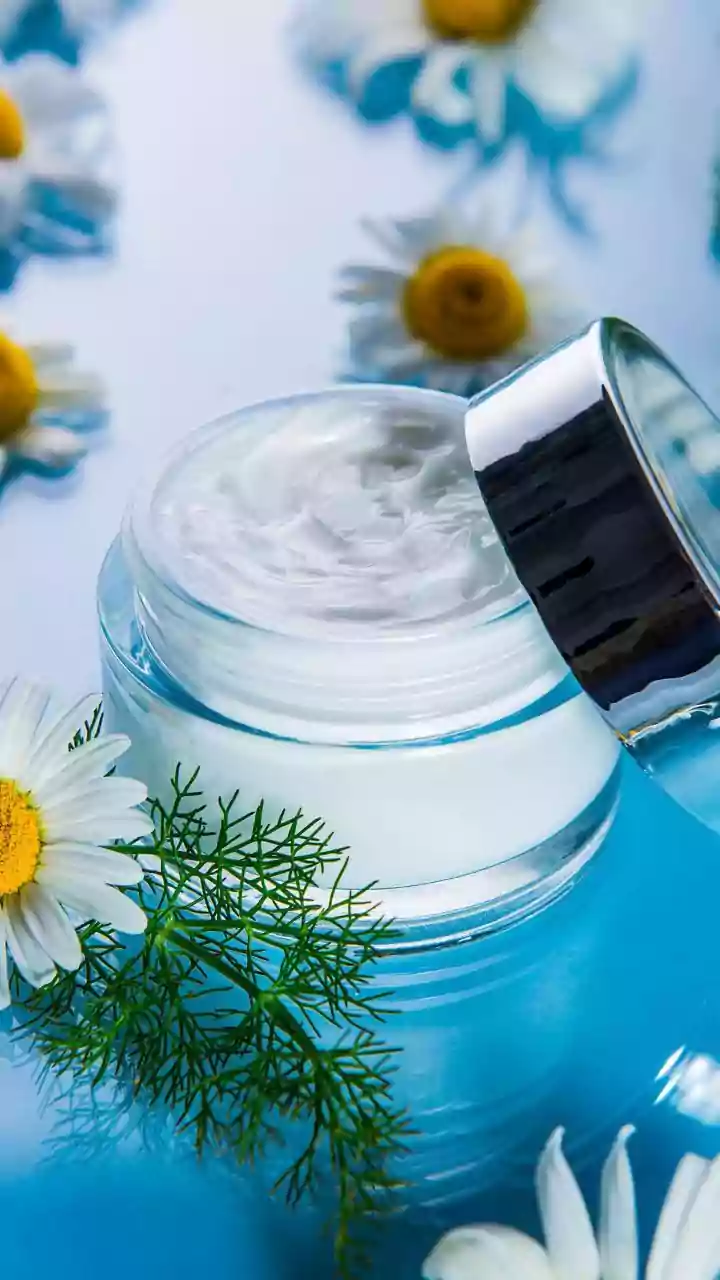Beyond Bad Habits
Brittle nails, often characterized by splitting, peeling, or cracking, are a frequent concern for many individuals. While external factors like frequent hand
washing or exposure to harsh chemicals can play a role, the causes often run deeper. It's crucial to realize that brittle nails could signal a more extensive health concern. Understanding the underlying reasons is the first step toward finding solutions and restoring nail health. Factors include nutritional deficiencies, as nails require a steady supply of nutrients to remain strong and healthy. Moreover, certain medical conditions might also manifest as brittle nails. Therefore, exploring all possible causes is essential for effective treatment and improved nail health. Recognizing the intricacies of nail health can help people make informed choices and take appropriate action to address this concern.
Nutritional Deficiencies Examined
A person's diet significantly impacts nail health. Deficiencies in essential nutrients can lead to brittle nails. These include vitamins like biotin, which is vital for nail strength, and minerals like iron, which prevents ridging and brittleness. Insufficient protein intake may also be a culprit, as nails are composed primarily of keratin, a protein. Moreover, the lack of other vitamins like vitamin A, C, and D, along with essential fatty acids, may also contribute to nail fragility. Diagnosing nutritional deficiencies requires a comprehensive approach, including dietary assessment and, if necessary, blood tests to identify specific shortcomings. A balanced diet filled with the right vitamins and nutrients is essential. The inclusion of nutrient-rich foods, or appropriate supplements, should address the deficiencies and strengthen the nails.
The Medical Connection
Brittle nails can sometimes indicate underlying medical conditions, serving as a noticeable symptom. Thyroid disorders, whether hypothyroidism or hyperthyroidism, are frequently linked to changes in nail health, including brittleness. Furthermore, conditions such as anemia, which leads to iron deficiency, often weaken nails. Psoriasis, an autoimmune disorder, can also affect nails, causing them to become brittle, pitted, and discolored. In rare cases, fungal infections can cause changes in the nail's texture and strength. Therefore, individuals experiencing persistent nail brittleness should consult a healthcare professional to rule out or diagnose any of these underlying conditions. Early detection and treatment of these medical conditions can improve nail health and promote overall well-being. Healthcare providers can provide comprehensive evaluations and suggest appropriate actions.
Everyday Habits Impact
Everyday habits can significantly impact nail health, contributing to their brittleness. Frequent exposure to water, like excessive hand washing or swimming, can dehydrate the nails, making them dry and prone to breaking. The use of harsh chemicals found in cleaning products, nail polish removers, and nail treatments can also weaken nails over time. The mechanical stress caused by activities like typing or opening things can also contribute to nail damage. Additionally, certain nail care practices, such as aggressively filing nails or picking at cuticles, can further compromise their strength. Adapting one's daily routine, such as wearing gloves while cleaning or moisturizing hands frequently, can help to reduce these habits' harmful effects on nail health. Making conscious changes can protect the nails from unnecessary stress and damage, helping to maintain their strength and integrity.
Seeking Professional Guidance
When dealing with brittle nails, consulting a healthcare professional is crucial, especially if the problem persists or worsens. A doctor or dermatologist can perform a thorough examination to determine the cause of the problem. This might involve a physical examination of the nails, an assessment of one's medical history, and potentially some diagnostic tests, such as blood work or nail clippings, to rule out underlying medical conditions or nutritional deficiencies. Based on the diagnosis, healthcare providers can offer appropriate treatment options, which may include dietary recommendations, supplements, topical treatments, or medication to address any underlying medical conditions. Following their advice and adopting healthy nail care practices can help improve nail health and resolve the issue. Seeking professional guidance is crucial for getting an accurate diagnosis.





















